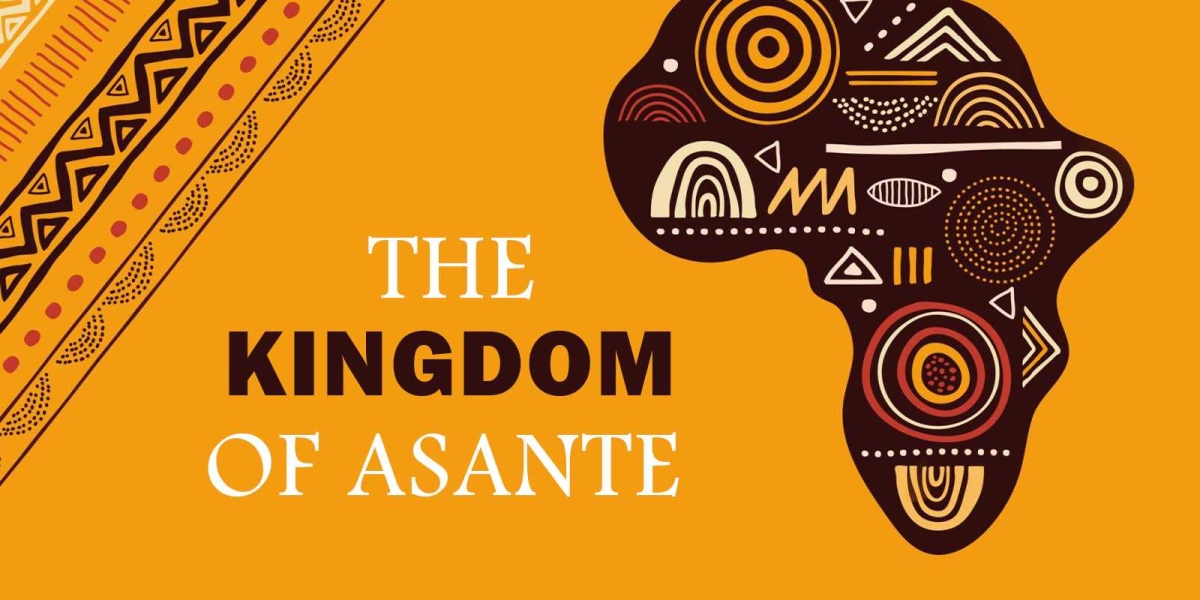The Purpose of Adapting African Calendars into African Institutions
The Gregorian calendar, which is used by most countries in the world today, was introduced by Pope Gregory XIII in October 1582. This calendar has been widely adopted and accepted as the standard calendar worldwide. However, the use of the Gregorian calendar has caused African nations to lose the full idea of their history and cultural heritage, particularly in relation to their calendars.
African calendars date back centuries and have been an integral part of their cultural practices. Unfortunately, the adoption of the Gregorian calendar has pushed these calendars into obscurity. The purpose of this article is to highlight the importance of African calendars and why adapting them into African institutions is crucial for cultural preservation and decolonization.
The History of African Calendars
African calendars date back to ancient times and have been used to calculate time based on lunar and solar cycles. These calendars have been used to plan farming cycles, religious festivals, and other cultural activities. Many African communities have developed their own unique calendars, such as the Yoruba people's 10,065 years old calendar and the Ethiopians' Coptic and Julian calendar.
The Impact of the Gregorian Calendar on African Culture
With the colonization of Africa and the spread of Christianity, the Gregorian calendar was introduced and adopted by the African nations. As a result, many African communities abandoned their traditional calendars, which were deemed primitive and backward by colonialists. This led to the loss of cultural heritage and identity, as well as the marginalization of African cultures.
The Gregorian calendar also played a role in the oppression of African communities, as it allowed colonizers to impose their schedules and timelines on African societies. Under the Gregorian calendar, Africans were expected to work during the day and rest at night, regardless of their cultural practices or natural rhythms. This further emphasized the power dynamics between colonizers and colonized, with colonizers imposing their way of life on Africans.
The Importance of Adapting African Calendars into African Institutions
The adaptation of African calendars into African institutions is crucial for the preservation of cultural heritage and identity, as well as for the decolonization of African societies. By returning to their traditional calendars, African communities can reclaim their cultural practices and celebrate their unique identities.
Adapting African calendars into African institutions also has economic benefits. For instance, by using traditional calendars, African communities can plan their agricultural activities based on natural cycles, which can maximize crop yields and reduce waste. This can contribute to sustainable economic development in African societies.
Moreover, the adaptation of African calendars into African institutions can help to decolonize African societies by challenging the dominance of Western perspectives and knowledge systems. By returning to traditional calendars, African communities can reclaim their knowledge production and challenge the hegemony of Western knowledge systems. This can contribute to the development of knowledge systems that are grounded in African cultures and histories.
The Challenges of Adapting African Calendars into African Institutions
Despite the benefits of adapting African calendars, there are challenges that need to be addressed. For instance, there is limited documentation on traditional African calendars, which might hinder the adaptation process. Also, the adoption of traditional calendars might be met with resistance from some Africans who have grown accustomed to the Gregorian calendar and view it as a symbol of progress and modernity.
The adaptation of African calendars into African institutions also requires political will and commitment. African nations must prioritize cultural preservation and decolonization by supporting the revitalization of traditional calendars and promoting their use in various aspects of society.
Conclusion
The adaptation of African calendars into African institutions is an important step towards cultural preservation, decolonization, and sustainable economic development. By returning to traditional calendars, African communities can reclaim their cultural heritage and identities, challenge the hegemony of Western knowledge systems, and promote sustainable economic practices. However, this requires a concerted effort from African nations, political will, and a commitment to prioritizing cultural preservation and decolonization.



